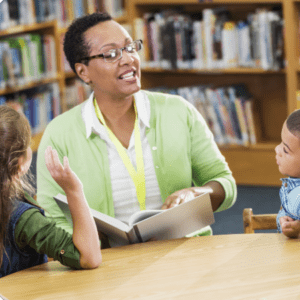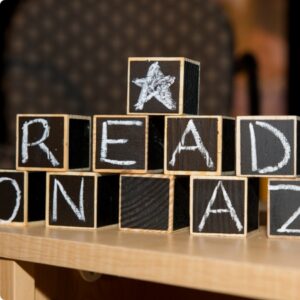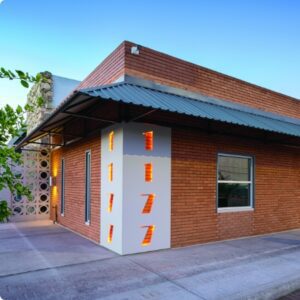About Us
Read On Arizona is our state’s early literacy initiative. Launched in 2013, partners in Read On Arizona take a collaborative approach to improving language and literacy outcomes for Arizona’s children from birth to age 8, with strategic focus on school readiness and third grade reading proficiency.










